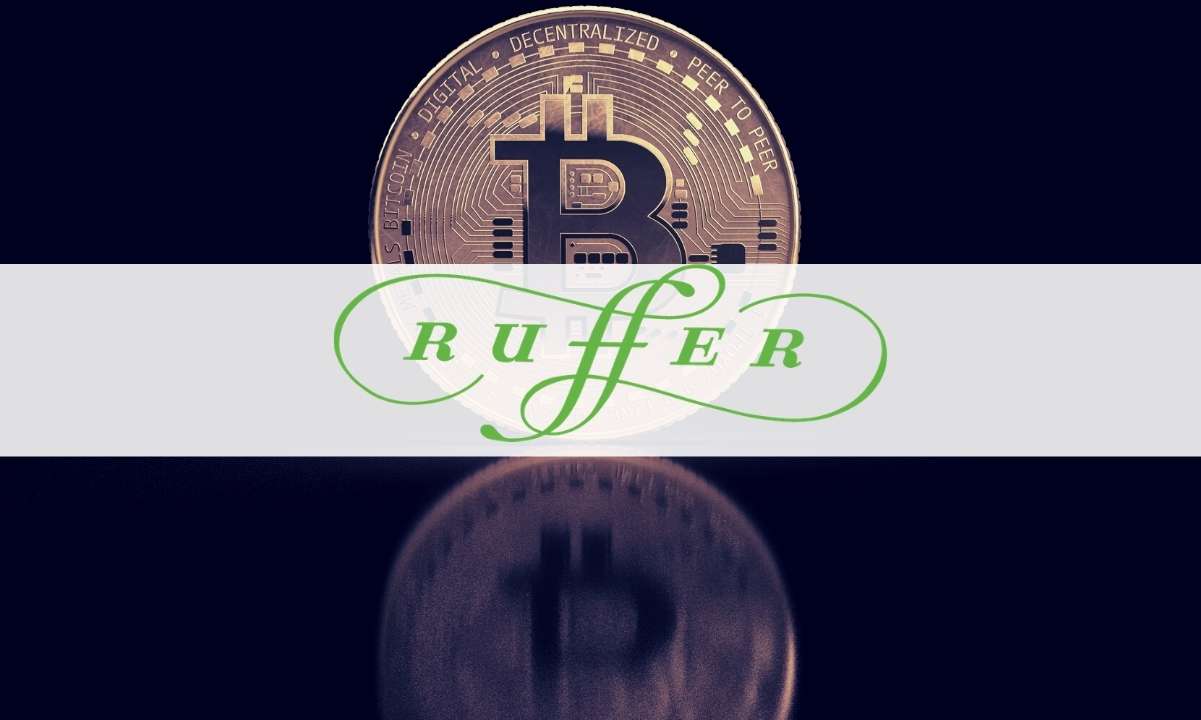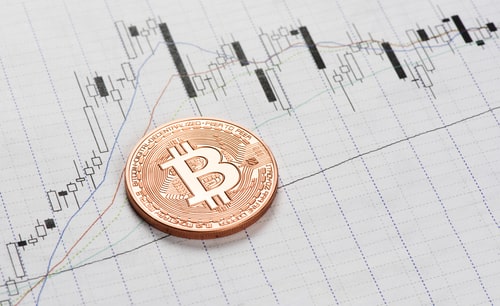Bitcoin (BTC) is a Property and Protected By Law, Chinese Court Confirms
TL;DR
- In a recent case, the Chinese court decided that Bitcoin is property is nature, which makes it protected by the standing laws in China.
- The case involved a dispute between two parties, where the plaintiff provided the defendant with several cryptocurrencies to be managed in plaintiff’s name.
- Defendant argued that their contract is invalid due to a ban on crypto trading and ICOs, but the arbitrator dismissed this, stating that the ban does not have an impact on the deal.
In a recent case, the Chinese Shenzhen Court of International Arbitration confirmed that Bitcoin (BTC), despite being cryptocurrency, should be viewed as a property with an economic value. Because of this, it is protected by the current laws. Furthermore, the court announced that there is no law that forbids owning or transferring Bitcoin.
1/ Chinese court confirms Bitcoin protected by law. Shenzhen Court of International Arbitration ruled a case involving cryptos. Inside the verdict: CN law does not forbid owning & transferring bitcoin, which should be protected by law bc its property nature and economic value.
— cnLedger (@cnLedger) October 26, 2018
The case
The case involved a dispute between an unnamed plaintiff and the defendant which was supposed to trade and manage digital currencies on the plaintiff’s behalf. According to the plaintiff, the issue arose when the defendant refused to return digital coins after the previously established deadline. This is when the plaintiff decided to demand the return of the coins with interest.
The coins in question include 50 Bitcoin Cash, 20.13 Bitcoin, as well as 12.66 Bitcoin Diamond. The total worth of these digital assets is at around $493,158, according to the plaintiff.
The defendant has argued that the contract should be considered invalid, as cryptocurrency trading and ICOs are banned by the People’s Bank of China. As such, all transactions and crypto payments should be deemed illegal. In addition, the defendant claims that there was no venue to be used for trading or sending back the assets due to the ban.
The arbitrator disagreed with these points, stating that the return of digital assets is not considered trading, which is why the obligation to return such assets remains. No laws in China are directly prohibiting ownership of cryptocurrencies such as Bitcoin, nor transactions made between individuals. Additionally, all that is necessary for one user to send Bitcoin to another is that there is an existing address and a private key. By making this point, the arbitrator pointed out that technical difficulties are non-existent.
Hence, the conclusion was that the current trading ban has no impact on the validity of the contract and that Bitcoin should be considered to be property, and protected accordingly.
What does this mean for cryptos in China?
This move by the court is important as it shows that China believes that digital assets such as Bitcoin still remain protected by the law, at least in terms of monetary value. However, as the three digital coins were not issued by official monetary authorities, there can be no interest in said coins.
While China’s stance towards cryptocurrencies remains mostly unfriendly, this case has provided a valuable insight into how the current laws treat digital assets. Despite the fact that ICOs and trading still remain prohibited, it appears that cryptocurrencies do have monetary value in this country. Furthermore, China is where most of the Bitcoin mining takes place, While the relationship between the country and cryptocurrencies remains an uneasy one, it is clearly still there.
The post Bitcoin (BTC) is a Property and Protected By Law, Chinese Court Confirms appeared first on CryptoPotato.









